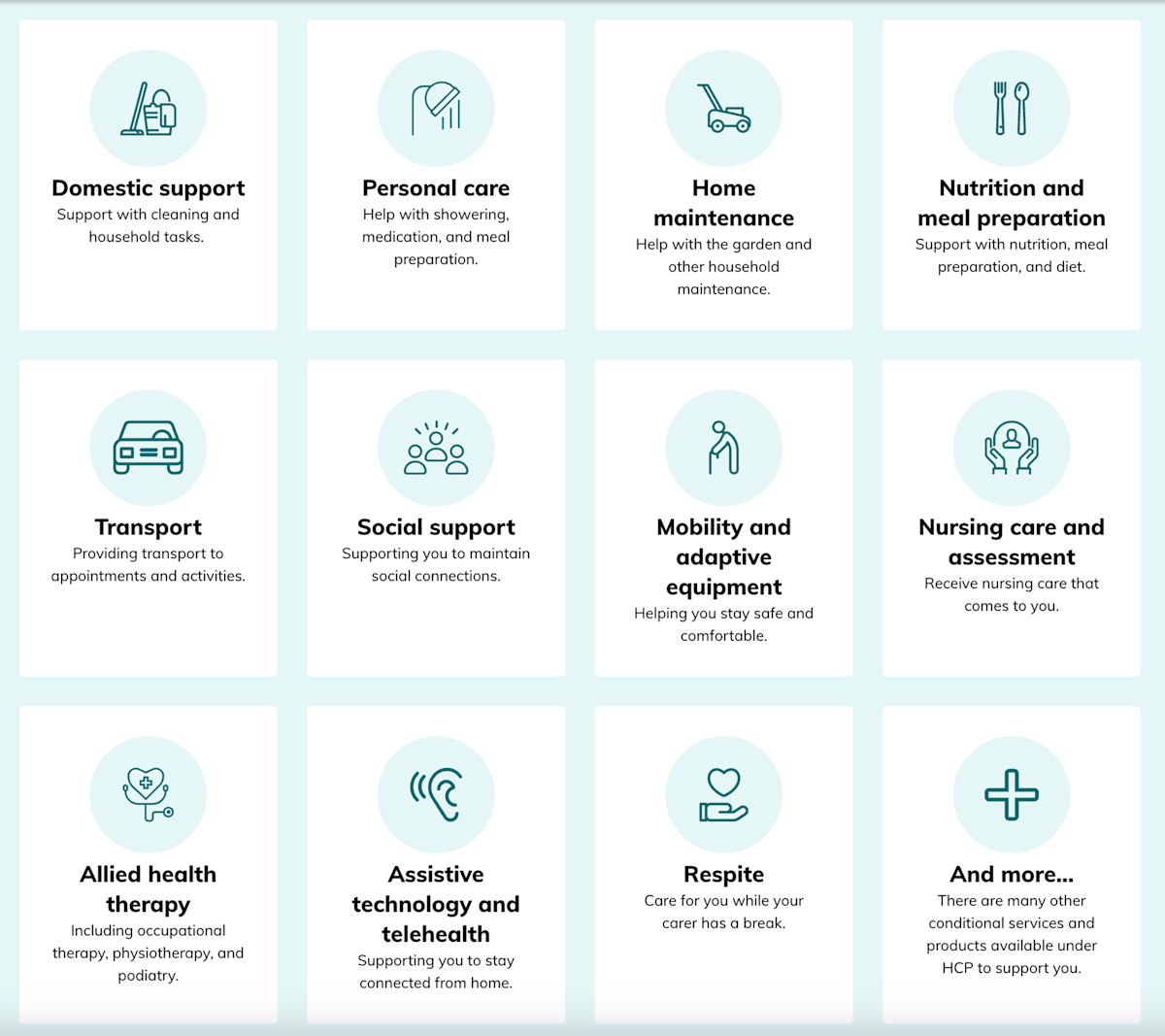Everything About Home Treatment Services for People With Disabilities: NDIS Registered Support
Home care services under the NDIS play a critical role in supporting people with specials needs. These services are created to boost day-to-day living through tailored help, ranging from individual care to wheelchair assistance. Comprehending how to navigate these choices can be intricate. This introduction discovers the numerous aspects of NDIS home care, from offered services to the option of providers, highlighting vital considerations for those looking for assistance. The trip towards encouraged care begins below.
Understanding the NDIS and Its Function
The National Special Needs Insurance Policy System (NDIS) functions as a transformative framework designed to provide support and services for individuals with disabilities. Established to boost the lifestyle and guarantee equitable access to necessary sources, the NDIS equips participants by providing personalized plans customized to their unique demands. It intends to cultivate freedom, allowing individuals to pursue their personal goals and aspirations.Through a structured strategy, the NDIS allocates financing for various assistances, consisting of education and learning, work help, and area participation. This comprehensive system not only concentrates on immediate treatment however also emphasizes long-term developing results. By promoting option and control, the NDIS motivates individuals to pick their preferred company, ensuring that care aligns with their values and preferences. Eventually, the NDIS stands for a substantial dedication to enhancing the lives of people with disabilities, promoting inclusivity, and building an extra supportive culture.
Sorts Of Home Treatment Provider Available
Various kinds of home care solutions accommodate people with impairments, mainly concentrating on individual treatment support and break care alternatives. Individual care help supplies necessary assistance with everyday tasks, while respite treatment offers short-lived alleviation for main caregivers. Recognizing these services is essential for guaranteeing the health of both individuals with handicaps and their families.
Personal Treatment Help
While navigating life can present challenges for people with impairments, individual treatment support supplies important assistance tailored to their special needs. This kind of home care solution includes a variety of tasks designed to promote freedom and improve high quality of life. Personal treatment aides assist with day-to-day jobs such as showering, clothing, grooming, and toileting, ensuring people keep individual health and convenience. They might additionally assist with meal preparation, medicine monitoring, and flexibility support. By supplying individualized care, these experts equip individuals to engage even more fully in their social tasks and everyday routines. Generally, individual treatment support plays a significant role in promoting dignity and freedom for those with disabilities, permitting them to thrive in their home environment.

Respite Care Options
Break treatment works as a vital resource for family members and caregivers of people with impairments, giving momentary remedy for the demands of everyday caregiving. This type of solution can take various forms, including in-home reprieve care, where skilled professionals visit the home to help with care jobs. Families might choose for facility-based break care, where people get treatment in a specific environment, enabling caretakers to take a break. Furthermore, some organizations supply emergency reprieve solutions for unexpected scenarios. These choices not only help ease caregiver anxiety however also advertise the well-being of people with specials needs by providing them brand-new experiences and social interaction. Overall, reprieve care plays an essential function in sustaining both caregivers and those they care for.

How to Access NDIS Home Care Providers
Accessing NDIS home treatment solutions involves understanding the eligibility criteria established forth by the National Handicap Insurance Policy System. People need to navigate a structured application procedure to protect the needed support customized to their demands. This area will certainly clarify both the eligibility requirements and the steps associated with getting services.
Eligibility Requirements Described
To get NDIS home care services, individuals need to satisfy specific eligibility standards that assess their requirements and conditions. Applicants need to be matured between 7 and 65 years and have a long-term and considerable handicap that affects their capability to execute daily activities. Additionally, they must be an Australian citizen, a long-term citizen, or hold a Protected Unique Group Visa. The NDIS calls for evidence of the impairment, normally with medical assessments or reports. Moreover, people need to show that they need assistance to take part in social and economic life. These requirements ensure that services are routed towards those that genuinely require support, promoting freedom and enhanced lifestyle for people with impairments.
Application Refine Steps
Can I Select My Own Assistance Workers With NDIS?
The individual asked whether they can select their very own support employees under the NDIS structure. Normally, participants have the adaptability to select support workers, fostering customized treatment that lines up with their specific requirements and choices.
What Occurs if My Needs Modification After Receiving Assistance?
If an individual's requirements change after getting support, they should discover here connect these changes to their provider. Modifications can be made to the care plan, making certain that the assistance continues to be reliable and appropriate for their circumstances.

Exist Restricts on The Number Of Hours of Treatment I Can Get?
The individual made inquiries concerning prospective limits on the variety of treatment hours obtained. Normally, such limitations may exist based upon specific plans or funding setups, stressing the relevance of assessing standards and arrangements regularly.
Can I Use NDIS Financing for Home Alterations?
The inquiry of utilizing funding for home adjustments develops often. Generally, people may make use of NDIS funding for necessary modifications to their homes, guaranteeing ease of access and safety and security, set upon conference specific eligibility criteria and standards.
Just how Do I Deal with Problems Concerning My Home Treatment Providers?
To deal with issues concerning home care solutions, individuals need to initially record their worries. They can interact straight with their service company, looking for resolution, or escalate the issue to appropriate oversight bodies if needed. Home care solutions under the NDIS play a pivotal function in sustaining people with specials needs. Various kinds of home care services cater to individuals with specials needs, largely concentrating on individual treatment aid and reprieve care alternatives. home care providers. Individual treatment help provides essential support with daily activities, while reprieve treatment provides temporary relief for key caretakers. Families may decide for facility-based break treatment, where people receive treatment in a specialized atmosphere, permitting caretakers to take a break. Exactly how can families efficiently handle the financial facets of home treatment services for individuals with specials needs?